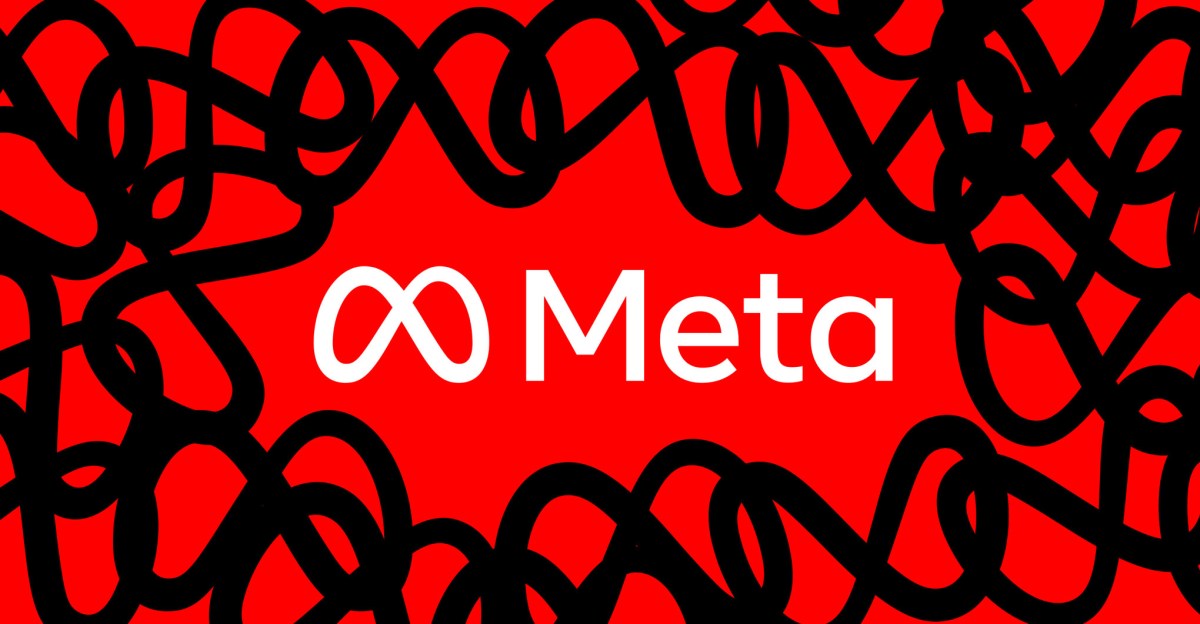Meta Accused of Suppressing VR Youth Safety Research as New Whistleblowers Speak Out

Key Points
- Four current and former Meta staff allege the company limited VR youth safety research.
- Meta says it has approved nearly 180 Reality Labs studies and added parental controls.
- The allegations will be discussed at a Senate Judiciary Committee hearing on hidden harms.
- Three Republican senators have asked Meta for more information on Horizon Worlds protections.
- The former head of security at WhatsApp filed a lawsuit over alleged privacy and security lapses.
- WhatsApp calls the lawsuit a distorted claim by a dismissed employee.
- Whistleblower Aid is representing the new whistleblowers, as it did for Frances Haugen.
Four current and former Meta employees have come forward, alleging that the company has limited internal research on the potential harms of its virtual reality products for children and teens. They say Meta’s legal team reviewed and sometimes blocked studies after earlier disclosures by whistleblower Frances Haugen. Meta disputes the claim, noting it has approved many Reality Labs studies and introduced parental controls. The allegations will be discussed at a Senate Judiciary Committee hearing on hidden harms. In a related development, the former head of security at WhatsApp has filed a lawsuit accusing the platform of ignoring privacy and security concerns.
Whistleblowers Raise New Allegations
Four individuals who are either currently employed by or formerly worked for Meta have alleged that the company has deliberately restricted research into how its virtual reality (VR) offerings might affect children and teenagers. According to the whistleblowers, Meta’s legal department was tasked with reviewing, and at times vetoing, studies that examined youth safety after earlier internal research was leaked to Congress by Frances Haugen.
Meta’s Response
Meta spokesperson Dani Lever responded by saying the allegations are based on a handful of examples that have been “stitched together to fit a predetermined and false narrative.” Lever highlighted that, since early 2022, Meta has approved nearly 180 Reality Labs‑related studies on social issues, including youth safety and well‑being. The company also noted that its VR devices are intended for users over the age of 13 and that it has rolled out parent supervision tools as a result of its research.
Senate Judiciary Committee Hearing
The claims are set to be examined at a Senate Judiciary Committee hearing titled “Hidden Harms: Examining Whistleblower Allegations that Meta Buried Child Safety Research.” Three Republican senators on the committee have already requested additional information about Meta’s protections for children and teens on its Horizon Worlds platform.
WhatsApp Lawsuit
In a separate but related matter, the former head of security at WhatsApp, which is owned by Meta, filed a lawsuit alleging the company ignored privacy and security issues that put user information at risk. WhatsApp spokesperson Carl Woog characterized the lawsuit as a “familiar playbook” in which a former employee is dismissed for poor performance and then makes distorted public claims.
Legal Representation and Ongoing Scrutiny
The new whistleblowers are being represented by the nonprofit legal organization Whistleblower Aid, which also assisted Frances Haugen. Both the Meta research controversy and the WhatsApp lawsuit are drawing heightened attention from lawmakers and the public as they assess the company’s handling of safety and privacy concerns across its product suite.